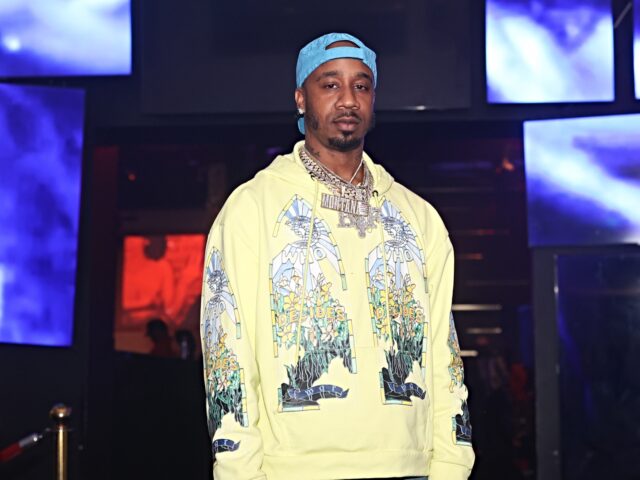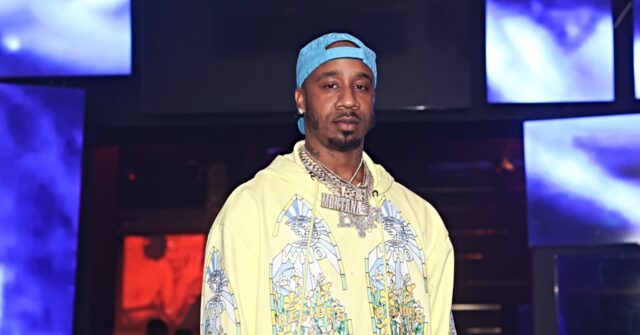The stunning revelation that rapper Benny the Butcher no longer exclusively supports Democrat leaders erupted onto the scene during his recent appearance on The Breakfast Club. The acclaimed artist painted an alarming picture of frustration and disillusionment, indicative of a broader sentiment permeating sections of our society, thus adding another voice to the swelling chorus of creative professionals questioning their political allegiances.

Benny voiced his scepticism in a stark, unambiguous fashion, articulating the disenchantment within his community. He stated, “A lot of times, African Americans — we vote Democrat and what the f— has that been doing for us? That’s all I mean, like what have the Democrats been doing for us? I was expressing my frustrations on that.”
This provocative question serves as a damning indictment of the current Democrat administration and poses profound implications for the future of US politics. Benny’s sentiment echoes that of an increasing number of African American communities who, historically, have viewed the Democrats as their political home, raising essential questions about the party’s relevance, efficacy, and legacy.
Despite his vocal critique of the Democrats, Benny remained non-committal about his support for Trump in the upcoming 2024 Presidential race. A surprising fact, considering he had earlier endorsed the former president, announcing his support via a social media declaration. This sudden willingness to question his public affiliations points to a broader narrative about the fluidity of political allegiances in an increasingly polarized landscape.
Benny the Butcher is far from the only figure in the hip-hop community who has voiced support for Trump. A myriad of artists such as Kodak Black, Lil Pump, Waka Flocka Flame, and Azealia Banks have all vocalized their approval for the magnetizing, albeit controversial, figure. These endorsements reiterate the growing sense of disillusionment and frustration towards the Democrat’s perceived complacency regarding tangible change.
Azealia Banks, in particular, chimed into this conversation with her edgy critiques of President Joe Biden. Banks even labeled keeping Biden in power as “elder abuse”, the sharp words penetrating like arrows in the heart of conventional political wisdom. Waka Flocka Flame expressed his steadfast support for Trump unabashedly to his over one million X followers, cementing his position on the political front lines.
Just like their aggressive lyrical flows that often challenge the norm, these artists are shattering age-old political glass ceilings, urging their communities to question the conventions and, perhaps, their belief in the Democratic party.
This development, though startling, underscores an essential phenomenon that politicians cannot afford to ignore any longer: the glaring disconnect between parts of our community and the politicians who claim to represent them. It outlines that political loyalty is no longer a guaranteed, inherited legacy but is, instead, earned through pragmatic action and tangible changes.
Benny the Butcher’s candid discussion illuminates a shared disillusionment threading through the fabric of modern American politics. Artists are leveraging their platforms to broadcast their frustrations and ignite essential dialogues, potentially fueling seismic changes in our political landscape. This unfolding narrative reiterates that political alliances are neither set in stone nor are they immune to shifts in public sentiment.
In conclusion, the likes of Benny the Butcher and his contemporaries serve as crucial bellwethers, their sentiments reflecting broader societal trends. Effectively, this development not only underscores the necessity for more inclusive, pragmatic politics but also endorses the freedom to question established norms, regardless of one’s race or socioeconomic status. Much like their raps, their political expressions demand urgently that politicians listen closely or risk losing touch with the people they serve.



